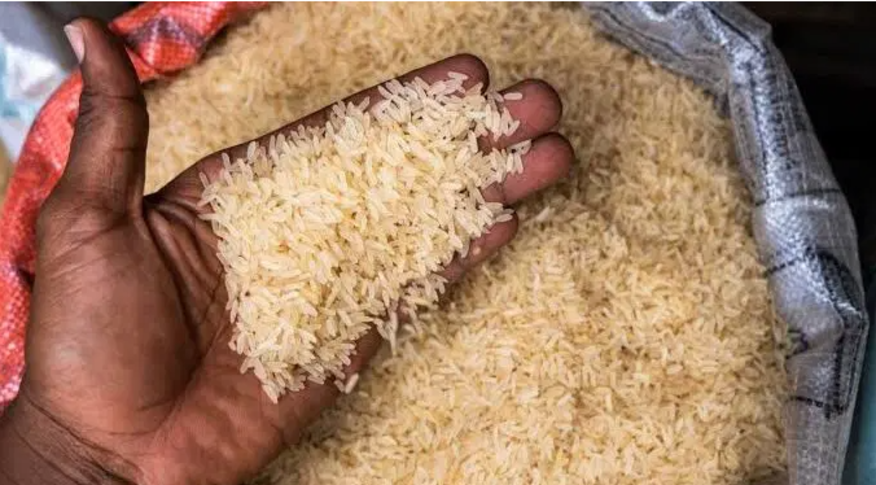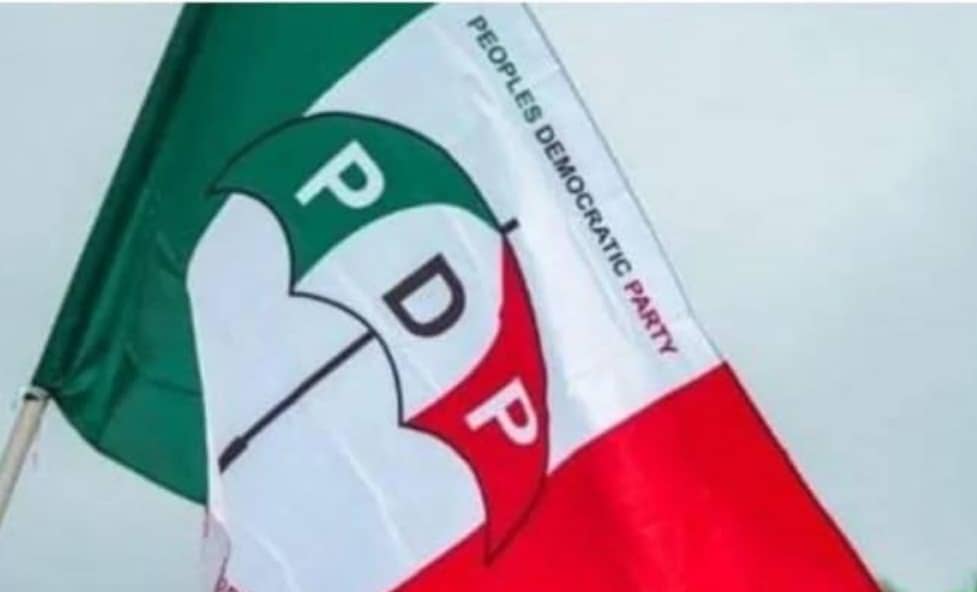Europe must be prepared to defend itself independently as the U.S. increasingly prioritizes its strategic focus on China, according to Andrius Kubilius, the nominee for the European Union’s new defense post. At his confirmation hearing in Brussels on Wednesday, Kubilius underscored the urgency of boosting European defense autonomy amid evolving global threats. He has been nominated to become the EU’s first-ever Commissioner for Defense and Space, a role created by Commission President Ursula von der Leyen, who appointed Kubilius, a former Lithuanian prime minister, to the position in September. The new Commission is set to assume office by December 1.
“Defense is one of the top priorities for the next Commission,” Kubilius told members of the European Parliament (MEPs), emphasizing that his mission is to strengthen Europe’s readiness for serious military challenges, including the threat of potential Russian aggression.
Kubilius highlighted that the next few decades will likely see the U.S. concentrating on countering China’s global influence, which would require Europe to bolster its defense capabilities independently. “Strategic rivals like Russia and China are quickly outpacing us,” he said, warning that Russia’s defense spending, when adjusted for purchasing power parity, surpasses that of all 27 EU member states combined.
Kubilius also advocated for continued EU funding for Ukraine as a critical element of Europe’s defense strategy. Since the onset of the Ukraine crisis in 2022, the EU has allocated close to €120 billion ($128.8 billion) to support Ukraine, with an additional €74 billion pledged but not yet disbursed, according to the Kiel Institute for the World Economy.
With the outcome of the U.S. presidential election potentially impacting Ukraine, European officials are closely monitoring developments. Outgoing President Joe Biden’s administration has reportedly expedited military aid to Ukraine, while Donald Trump, who may reclaim office in January, has hinted at reorienting U.S. priorities to focus on domestic issues.



